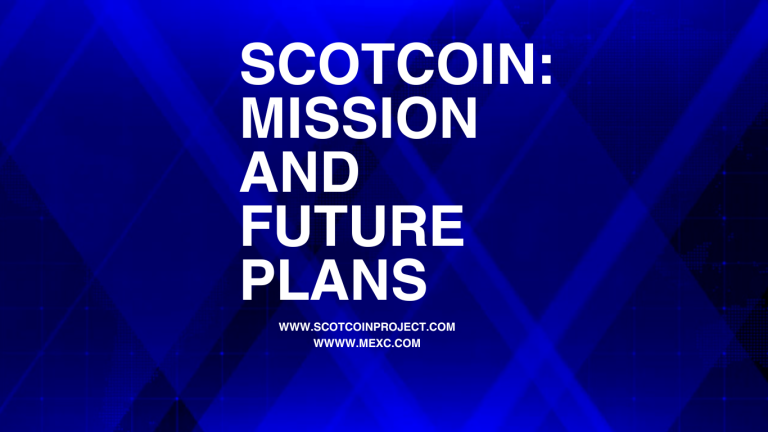So many millions of words are written about crypto and blockchain – much of it now AI and gibberish – that I thought I would just slay a few dragons today…
1) For crypto you have to keep your computer switched on permanently
I’m not sure where this came from, but I think it derives from a misconception about the wallets that store cryptocurrency. These wallets do NOT sit in your computer but are part of the wallet provider’s network. They operate in a similar way to (for example) Gmail, where your emails are NOT in your computer but within Gmail’s servers and databases. So no, you don’t need to keep your computer switched on.
2) It will cost me to open a crypto account
No. Can’t say free too many times. Any wallet provider will be delighted if you want to open a wallet, similarly any exchange will not charge you for opening an account. They WILL make you go through KYC and AML, but in case you didn’t realise it so does virtually everything you do nowadays – banks right at the top of the pyramid
3) Crypto is not secure
Yes it is. No actual blockchain – where crypto resides – has ever been hacked. The chance of a major blockchain getting hacked is smaller in percentage terms than one grain of sand in the Universe. What tends to get hacked – and usually by an insider – are exchanges and single points of contact. And Mr Punter telling someone his password. 4) Cryptocurrencies are just gambling tokens with founders out to make a fast buck
There are some that are – meme coins are just that – and, yes, founders want to make money. You wouldn’t expect Jeff Bezos to do what he has done for no reward
5) I won’t be able to keep track of my account
Yes you will. One of the great things about crypto is it works 24/7 and you have access to it all the time
6) I will be charged for transactions
This is true if you are transacting directly on a blockchain. However, Scotcoin, for example, has its own proprietary system which is entirely FREE to use (just thought I’d mention that) and any layer 2 system is generally free or miniscule in terms of costs.
7) Crypto transactions take a long time and it is a long drawn out process
Transactions on the Bitcoin blockchain take an absolute minimum of 10 minutes but can take much longer. Ethereum is much faster, and most layer 2 systems are almost instantaneous.
8) What actually is crypto / cryptocurrency?
Cryptocurrency is a digital iteration of cash and, in fact, there is a move to substitute cash with crypto. You can use it to pay for all sorts of things worldwide.
9) Where can you use it, and who uses it?
There are currently just under two million daily transactions in crypto currency. The largest slice of that is in Bitcoin which is accepted in more than 15,000 locations worldwide. Just a few who accept it:
- Wikipedia. Wikimedia, the company that operates the world’s largest open-source encyclopaedia, Wikipedia, accepts donations in Bitcoin.
- Microsoft. The company allows the use of Bitcoin to top up your Microsoft account.
- AT&T.
- Burger King.
- KFC.
- Overstock.
- Subway.
- Twitch.
There is a system called M-Pesa in East Africa and elsewhere operated through mobile phones, whereby people in e.g. UK can send cash directly to their relatives, who can then go to a shop and use the credits to pay for whatever they need
10) Why is crypto used?
If you want to send £1m to Africa, it will cost somewhere between £20,000 to 30,000, and there will be other cuts taken by others along the way. The same sum sent using crypto could be as little as 50p. In addition, you can target the specific recipient, without recourse to third parties or intermediaries
11) How do you make money out of crypto?
You can, of course, trade it in the same way as you can trade stocks and shares but beware, crypto currencies are very volatile. Hodling (or holding) longer term is probably a better strategy – but you should be aware that all exchanges have implemented the FCA requirement of major warnings about buying and holding crypto with the words: “Don’t invest unless you’re prepared to lose all the money you invest. This is a high-risk investment and you should not expect to be protected if something goes wrong.”
12) Who made up cryptocurrency?
In so far as anyone “made up” cryptocurrency, it would be Satoshi Nakamoto, back in 2009. He/she/they wrote a paper “Bitcoin: A Peer-to-Peer Electronic Cash System” which outlined the algorithmic basis of Bitcoin as we know it. But “crypto” just means “hidden “ or “instead of “ – think paper money instead of gold sovereigns.
13) Digital currencies don’t have value
They palpably do in the same way that art or wine does. People buy and sell and settle on a price at which they are prepared to exchange
14) Cryptocurrency is not taxed
Wrong. Profits and losses, capital gains and earnings are all taxed in exactly the same way as money earned in the traditional financial universe.
15) Cryptocurrency and its transactions are untraceable and anonymous
That is completely wrong. Every transaction is traceable. The American department of Justice in particular has been very successful in recovering stolen or illegally earned crypto.
I hope these few words have lifted the veil a little bit. The more and better understanding there is of blockchain and crypto, the more empowered the individual will be, and less reliant on third party custodians like banks.
Temple Melville is CEO of The Scotcoin Project CIC




